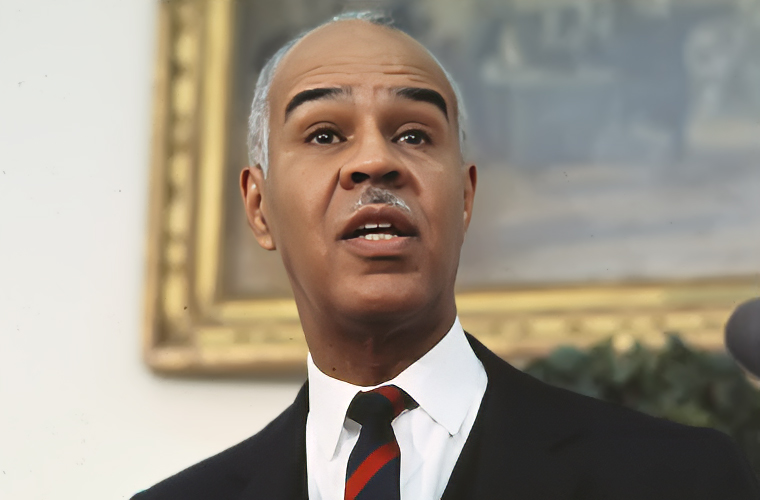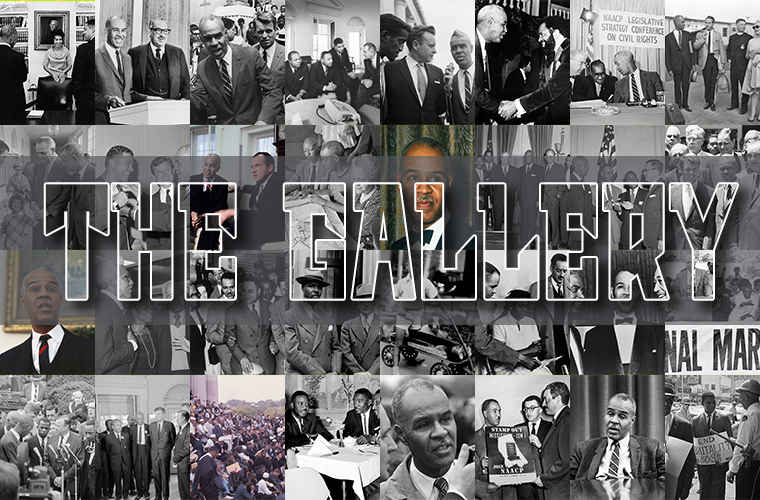Roy Wilkins was a prominent figure in the civil rights movement, known for his tireless efforts in advocating for racial equality and justice. Born on August 30, 1901, in St. Louis, Missouri, Wilkins dedicated his life to fighting against discrimination and promoting equal rights for African Americans. Wilkins’ career in civil rights began in the early 1930s when he joined the National Association for the Advancement of Colored People (NAACP). He started as an assistant secretary and quickly rose through the ranks, eventually becoming the organization’s executive secretary in 1955. In this role, Wilkins played a crucial part in shaping the NAACP’s strategies and initiatives.
During his tenure at the NAACP, Wilkins focused on challenging racial segregation and fighting against discriminatory laws and policies. He played a significant role in landmark cases such as Brown v. Board of Education, which led to the desegregation of schools in the United States. Wilkins’ dedication to the cause of civil rights was unwavering, and he worked tirelessly to ensure that African Americans were treated with dignity and respect.
One of Wilkins’ most notable achievements was his instrumental role in organizing the March on Washington for Jobs and Freedom in 1963. This historic event brought together thousands of people from all walks of life to demand equal rights and economic opportunities for African Americans. Wilkins’ leadership and organizational skills were crucial in making the march a success and drawing attention to the plight of African Americans. Throughout his career, Wilkins faced numerous challenges and obstacles. He encountered resistance from those who opposed racial equality and faced threats to his personal safety. However, he remained steadfast in his commitment to the cause and continued to fight for justice until his retirement in 1977.
Wilkins’ contributions to the civil rights movement were widely recognized and honored. He received numerous awards and accolades for his work, including the Presidential Medal of Freedom, which was awarded to him by President Lyndon B. Johnson in 1967. After retiring from the NAACP, Wilkins continued to be involved in civil rights activism. He served as a consultant and advisor to various organizations and continued to advocate for equal rights until his death on September 8, 1981.
Roy Wilkins’ legacy as a champion of civil rights is undeniable. His unwavering commitment to justice and equality continues to inspire generations of activists and advocates. His tireless efforts paved the way for significant advancements in civil rights and laid the foundation for a more inclusive and just society.
In conclusion, Roy Wilkins’ contributions to the civil rights movement are immeasurable. His leadership, dedication, and unwavering commitment to equal rights have left an indelible mark on American history. Wilkins’ legacy serves as a reminder that the fight for justice and equality is ongoing and that individuals have the power to make a difference.


